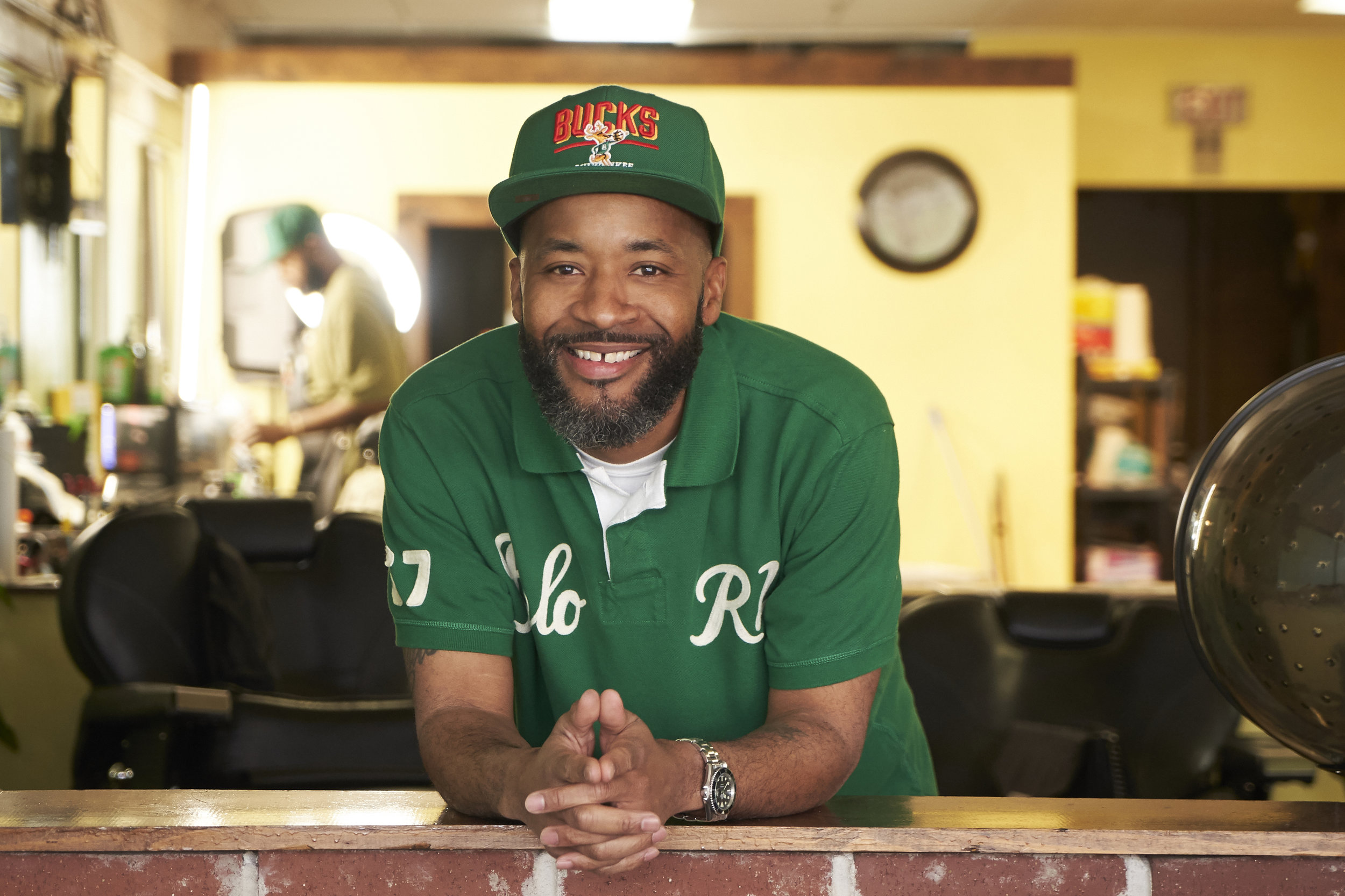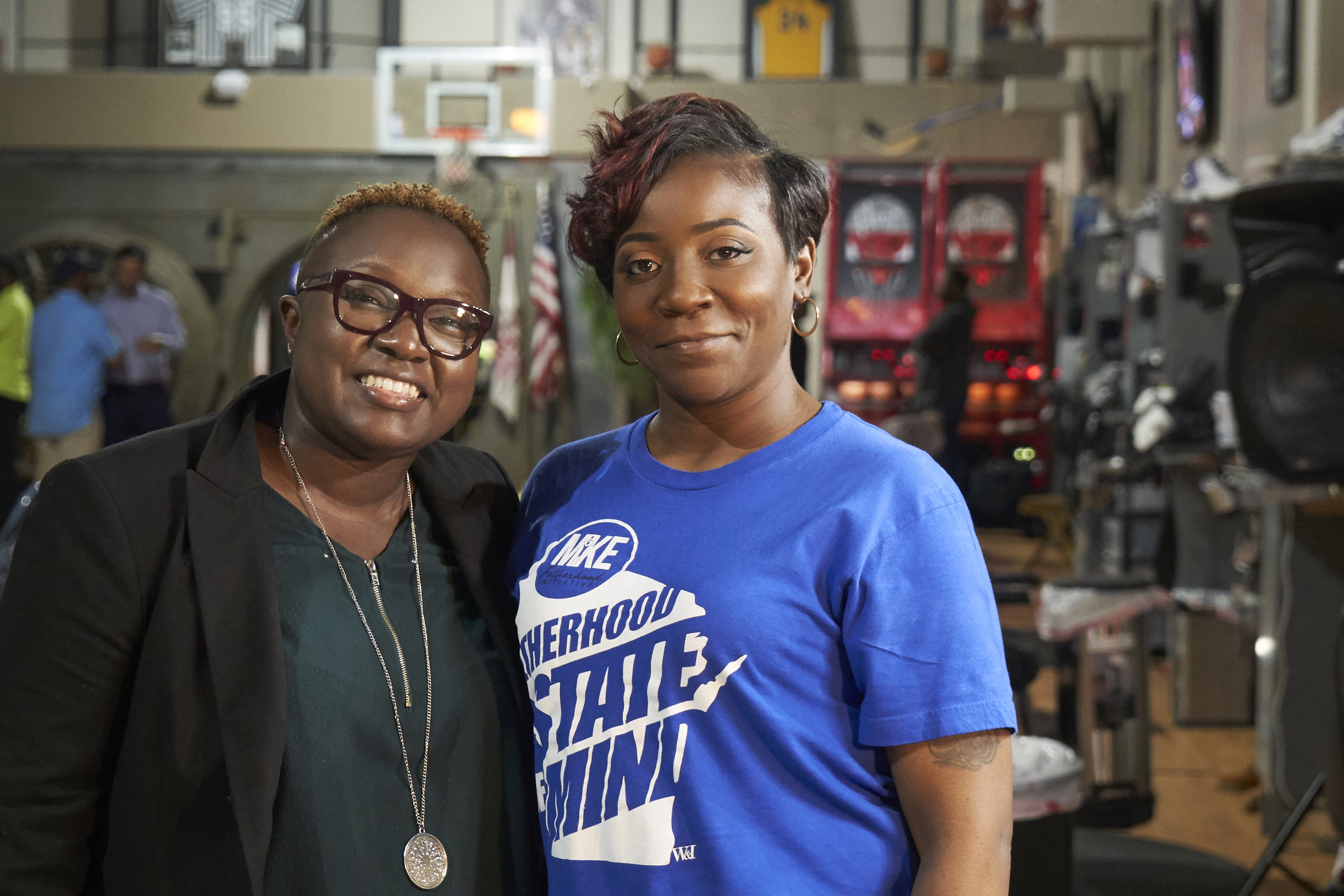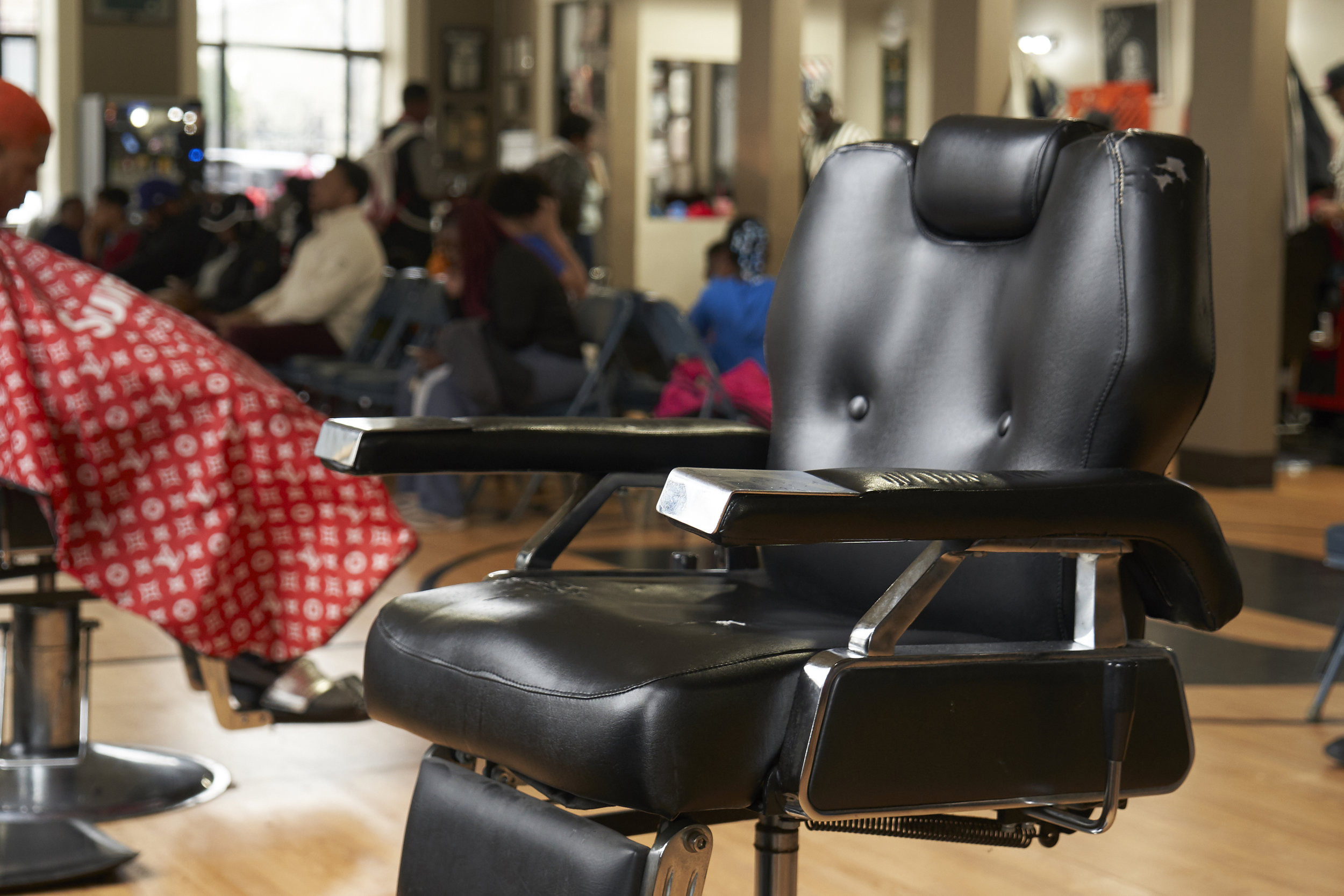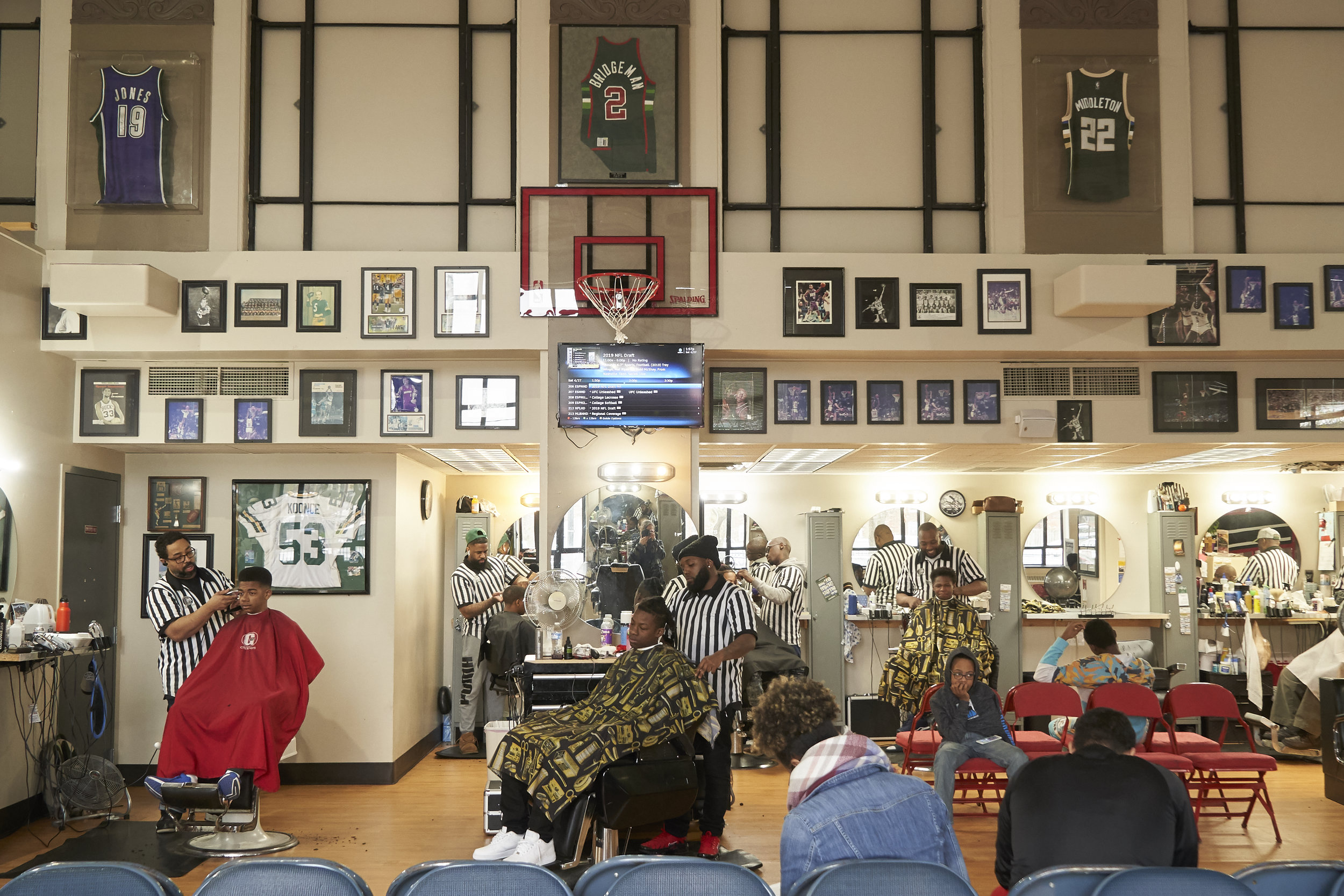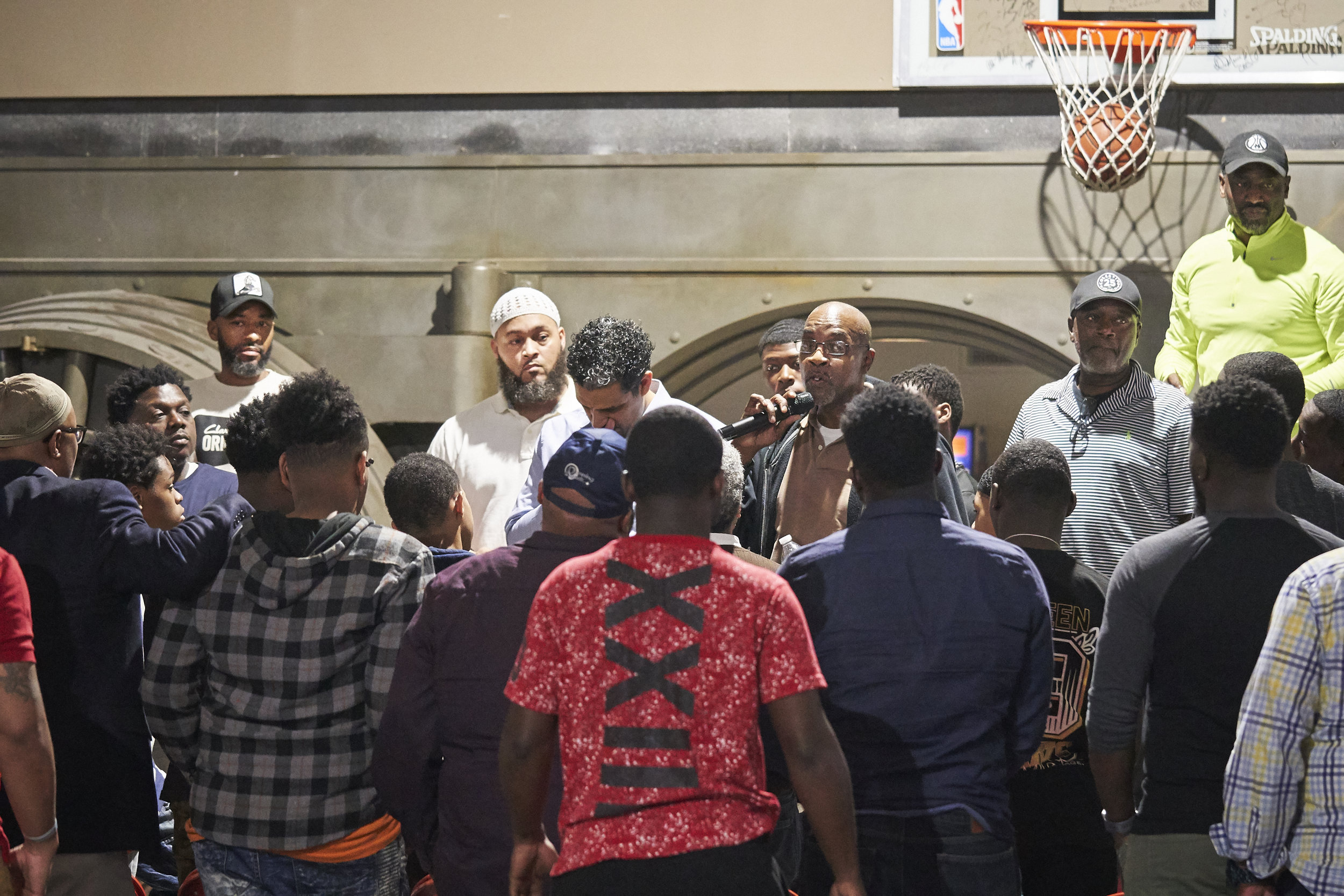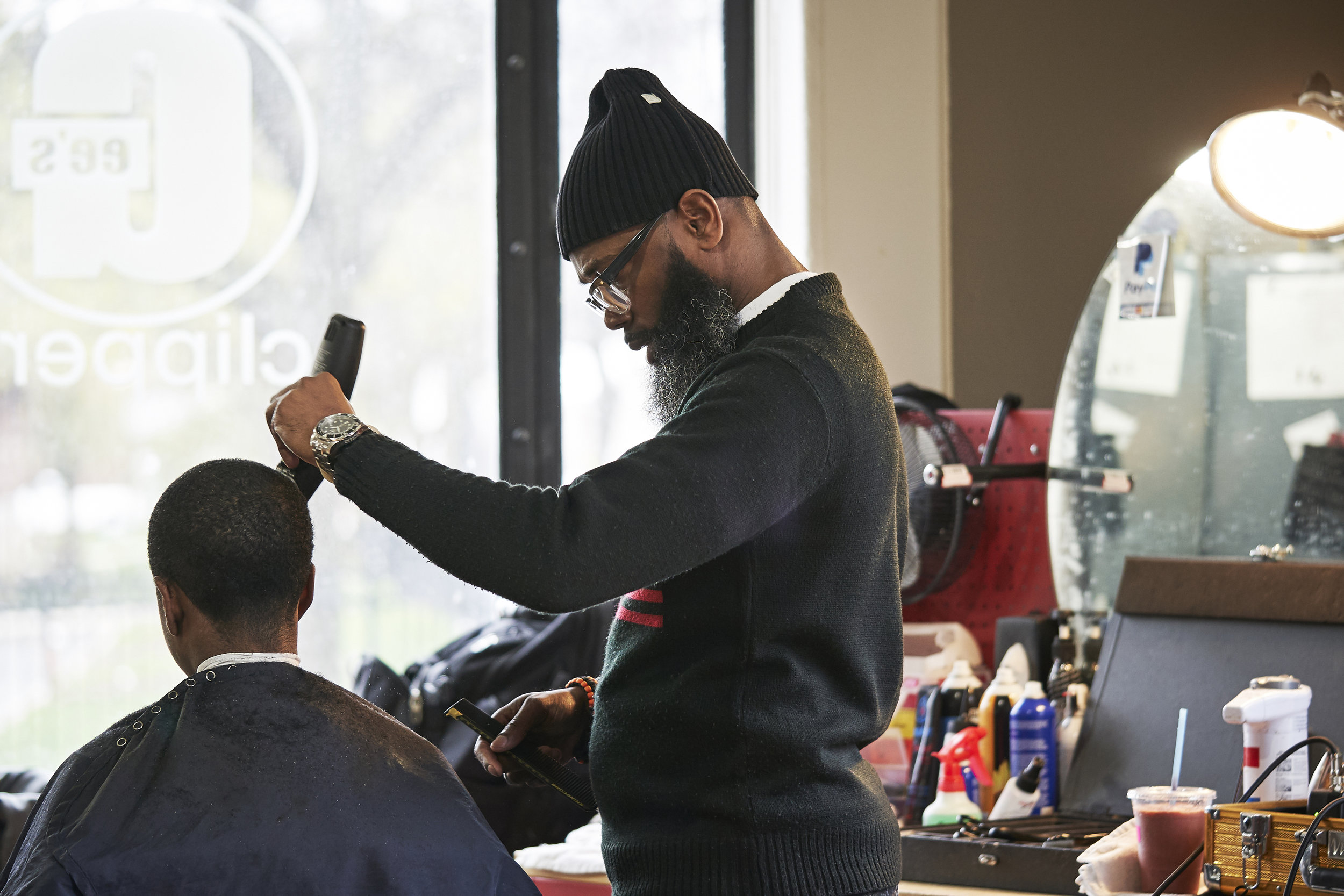“We need to take our hands off the trigger and put them in the soil, because if your hands are in the soil, you can’t have them on the trigger of a gun,” says Andre Lee Ellis. With a background in theater, Ellis never expected to be in the business of gardening, but a series of events led him to start the organization called We Got This. The program provides support and guidance for African American boys through gardening. Since its inception in 2011, We Got This has grown tremendously because of community support and has changed the lives of many young men.
Ellis and his wife moved to Ninth and Ring streets in 2011. Within their first week at their new home, they heard six gunshots outside their front door. His wife ran from the kitchen to find a young man lying dead in the street. There was a lot of bad activity on that street corner, Ellis explains, but on that same corner was a small plot of land with raised beds. One day, he asked a young girl playing in the street what the raised beds were. She responded with an attitude and said, “It’s supposed to be a garden, but don’t nobody grow nothing.” Ellis thought that should be changed.
With the idea stirring in his head, he was approached one day by a worried mother from the neighborhood. Her 11-year-old son had committed an offense and was being held at the police station. Ellis went with her to the station to convince the officers not to arrest the boy because the boy was participating in a program with Ellis that coming Saturday. He made it up on the spot, and when the officers asked the name of the program, Ellis said the same thing he kept repeating to the worried mother: “We got this.”
That Saturday, the boy showed up to the small plot of land across from Ellis’ house at 8 a.m. sharp. With the promise of $20, the boy worked with Ellis to start the garden. The next Saturday, the boy came back with five friends, promising them $20 each. Unprepared, Ellis told the boys that he didn’t have the money. Instead, he told them to raise their fists in the air and pose for a picture. He posted that picture to his network on Facebook asking five other black men to come to the garden and support the boys. By noon, seven men showed up. Each week, more boys would come to the garden, and with them came more people from around the city willing to fund their efforts.
The program has empowered young boys to make an honest income and provide for themselves. With close to 90% of them not knowing their father, Ellis and other men in the community are showing up to be that father figure and offer guidance that they haven’t had before. That mentorship is helping the boys find new confidence and imagining new possibilities for their futures.
These efforts are taking place in the heart of the 53206 zip code. Ellis recalls the negative articles that cite facts about incarceration, claiming that the area is one of the worst places to raise a black child. But he lives there, he explains, and he sees the good that’s happening every day. What those articles are missing are the people who live in those communities who support their neighbors and build up their youth. Those facts completely gloss over the capabilities these young boys have and the possibility for change in this city.
Just like any other person in this country, these young men have the potential to grow up and become loving fathers, caring neighbors or anyone else they can dream of. It’s time we start paying attention to the neighborhood’s potential, not its statistics.
Learn more at wegotthismke.com.
Read the article in the Shepherd Express, part of the regular column “Hero of the Week.”


